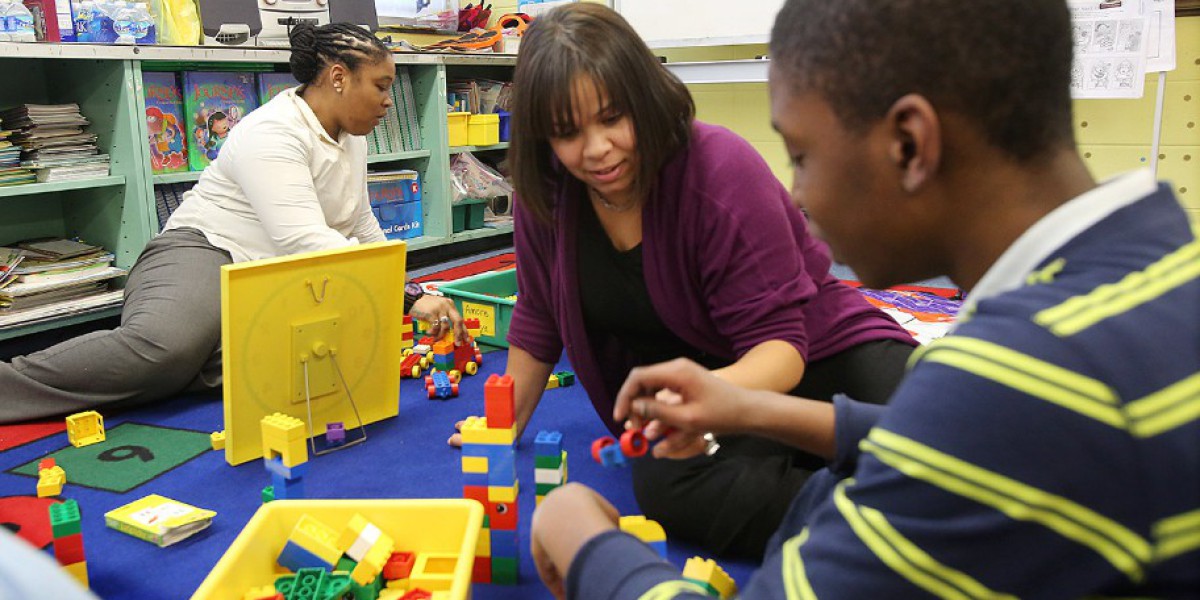Supporting Success: After School Programs for Special Needs Children
Finding the right after school program for children with special needs is crucial for their growth and well-being. After school hours provide valuable opportunities for continued learning, social interaction, and personal development, especially for children who require extra support. Tailored programs can make a tremendous difference, helping special needs students thrive in various aspects of life.
Why After School Programs Matter for Special Needs Children
Children with special needs, whether cognitive, emotional, or physical, often benefit from additional resources beyond the traditional school environment. After school programs provide the chance to reinforce academic skills, improve socialization, and enhance emotional well-being. These programs also give caregivers peace of mind, knowing that their child is in a safe and structured environment.
Key Benefits:
- Social Interaction: Many special needs children struggle with social skills. After school programs offer a controlled space for them to practice communication, cooperation, and forming friendships.
- Skill Development: From learning to handle daily tasks to improving motor skills, the activities in these programs are designed to foster independence.
- Physical Activity: Exercise is an essential component of after school programs. Special needs children often benefit from adaptive physical activities that cater to their abilities.
- Behavioral Support: Trained staff can manage behavioral challenges, creating an environment where children feel supported.
What to Look for in a Special Needs After School Program
Finding the right program involves understanding your child's specific needs and ensuring the program can meet them. Here are some key factors to consider:
1. Qualified Staff
Ensure that the program’s staff is trained to work with children with special needs. They should understand different disabilities and know how to provide personalized attention. Look for staff certified in special education, behavior management, or related fields.
2. Individualized Plans
The best programs often tailor activities to each child’s unique abilities. Ask if the program develops Individualized Educational Plans (IEPs) or follows strategies that align with a child’s needs at school.
3. Therapeutic Support
Some after school programs integrate therapies such as speech, occupational, or physical therapy. These services help children improve specific developmental challenges while maintaining a fun and engaging environment.
4. Structured Routines
Predictable schedules and consistent routines help reduce anxiety in special needs children. Look for programs that emphasize structure, with a clear outline of daily activities and transitions.
5. Sensory-Friendly Environment
For children with sensory processing issues, a calming, sensory-friendly environment is crucial. Programs that offer sensory rooms, quiet spaces, or sensory-adapted activities ensure children feel comfortable and engaged.
Examples of Activities in After School Programs
Special needs after school programs offer a wide range of activities designed to support development while keeping children entertained:
- Art & Craft Projects: Expressing creativity can help develop fine motor skills and build confidence.
- Music Therapy: Music offers a therapeutic and enjoyable outlet for self-expression and emotional development.
- Group Games: These activities encourage teamwork, patience, and communication, helping children practice social skills.
- Homework Assistance: Children can get help with homework from trained staff who understand their learning needs, reducing the stress of completing schoolwork at home.
- Outdoor Play: Adaptive sports and outdoor activities promote physical health and provide an energy outlet.
How Parents Can Get Involved
Parents play a significant role in the success of an after school program. Regular communication with staff ensures that parents are aware of their child's progress and can support continued development at home. Many programs also invite parents to participate in activities or provide feedback on how the program can best serve their child’s needs.
Conclusion
After school program special needs create a safe, nurturing space where they can continue learning and growing outside of the school day. From social skills to academic support, the right program can empower children to reach their full potential while giving parents peace of mind. By choosing a program tailored to their unique needs, special needs children can find joy, connection, and personal success.



